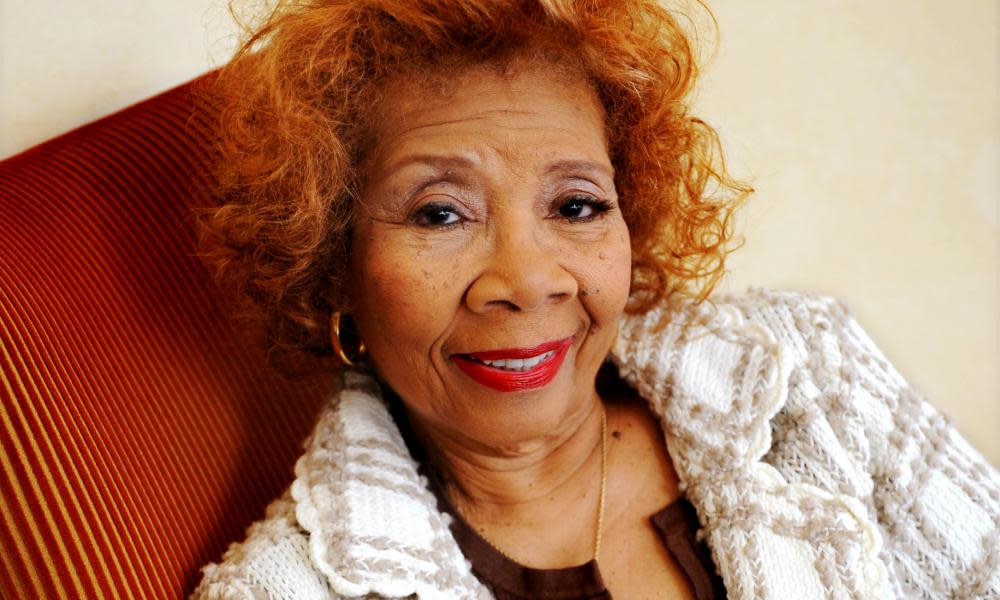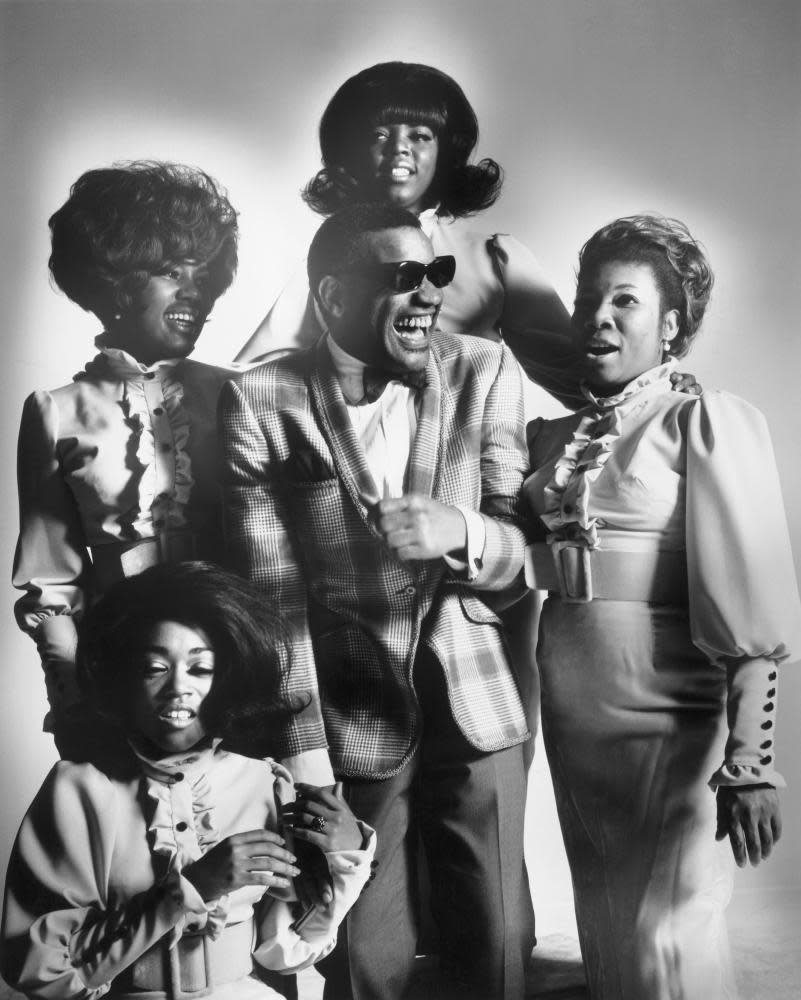Mable John obituary

In 1959, after she had been acting as his chauffeur and general assistant for three years, Mable John became the first female singer signed by Berry Gordy Jr, the founder of Motown Records. “Berry didn’t know how to drive and he didn’t have a car,” she said. Although Gordy acted as her mentor, pianist and songwriter, they were never able to come up with the sort of hits with which Mary Wells, Martha Reeves and Diana Ross, his other female signings, would soon be turning the Detroit-based label into a colossus of the music industry.
John, who has died aged 91, had a voice that was too bluesy, too strong and direct, to suit the lighter, pop-angled records that became, in the label’s slogan, “the sound of young America”. And so, released from her contract in 1966 without rancour on either side, she signed a contract with a rival label. At Stax Records in Memphis she was soon recording the song that made her reputation.
When she arrived there, she was asked if she brought any songs with her. No, she said. In Detroit, she had been provided with material. In response, Stax’s top young songwriters, Isaac Hayes and David Porter, were sent to her room at the Lorraine motel, along with a piano, to try to work something up. Your Good Thing (Is About to End) came about when she began telling them about her unfaithful husband. While Hayes began sketching out a melody line and chord changes, Porter sat with a pencil and pad, noting down her words.
“I had no idea how the music or the melody should go,” she remembered. “I just knew it was a story that was inside of me.” The resulting blues ballad, a clear-eyed depiction of intense emotional pain, was quickly recorded with the Stax musicians at their nearby studio in a converted cinema. Acclaimed as a classic of deep soul, it has been much covered by other artists.

The Lorraine motel became her home away from home when she was in Memphis, but two years later the management asked if, for the final night of her stay, she would mind moving down the corridor. The Rev Dr Martin Luther King Jr was arriving, and her room was his favourite. She complied gladly, but on arriving in Chicago the following day, she heard that he had been shot dead while standing on the balcony. Within hours the US would be in flames.
John was born in the small town of Bastrop, Louisiana, to Mertis Sr and Lillie (nee Robinson), the oldest of nine children in a family where music was all around. Her father worked in paper mills before joining the great migration to Detroit, where he found a job in a car factory. Mable was a pupil at Pershing high school when she met Bertha Gordy, Berry’s mother, who was selling insurance door-to-door. Mrs Gordy became a family friend and helped Mable find after-school and weekend work in insurance until, on leaving school, she spent two years at Lewis Business College.
She was already the statewide choir coach for her Pentecostal church, but when she entered show business, hoping to follow in the footsteps of one of her brothers, who had found fame as Little Willie John with the million-selling hit Fever in 1956, she was cast out. She had “gone over to the devil”, they told her. “I just found another church,” she said, although the pain of expulsion was deep.
Gordy did his best to turn John into a star, telling her to study singers such as Dakota Staton and Sarah Vaughan, and putting her on the bill at the Flame Showbar, Detroit, with Billie Holiday a couple of weeks before the singer’s death in 1959. His wife, Raynoma, Motown’s first musical director, remembered her as “cute as a button, red-headed and freckle-faced and without an ounce of ego”. It was during a road trip from Detroit to New York that she and Smokey Robinson, the lead singer with the Miracles, told Gordy that, rather than continuing to try to persuade other companies to release his records, he should start his own label.
There were no hits for John with Gordy, and at Stax there were to be no more after Your Good Thing. In 1968, a month after the shooting of King, her brother Willie died in prison; he had been found guilty of manslaughter. With Stax in financial collapse, at the end of the decade she joined Ray Charles as the leader of the Raelettes, his backing singers.
In 1977, as she put it, “God told me to go home.” That home turned out to be Los Angeles, where she became the pastor of the Joy in Jesus ministry and established a charity, the Joy Community, to provide clothing and shelter for homeless people. In collaboration with the author David Ritz, she wrote and published a series of novels loosely based on her own story, and in 2007 she was cast by the director John Sayles as a blues singer in his film Honeydripper.
“I’ve never reached for stardom,” she told me on a visit to London to promote the film. “That’s not my personality. I’m not trying to compete with or outshine anybody else. I only wanted to be a lady, and that I remain.”
She was married and divorced four times and had four sons, of whom Jesse, Joel and Otis predeceased her. She is survived by the fourth son, Lemuel, and by several grandchildren.
• Mable John, singer, born 3 November 1930; died 25 August 2022

 Yahoo News
Yahoo News 
